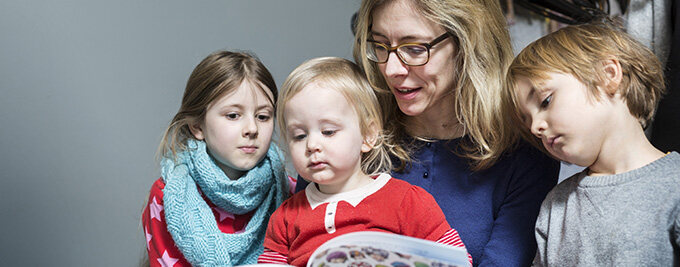Income equality – Hygge – Low crime rate – High level of English – Danish Welfare
Denmark is widely cited as one of the world’s most liveable places and according to the OECD it has the world’s highest level of income equality.
Located on Scandinavia’s southern edge, Denmark is Europe’s gateway to the Nordic region. Denmark is a safe and secure country with a very low crime rate. The Danes are relaxed, informal, and often ironic. “Hygge” – making people feel at home – is an essential part of life. Maybe that is why the Danes have so often been named as the world’s happiest people. Most Danes also have a good command of English, so you can communicate easily even if you don’t speak Danish.
The standard of living is high and the economy performs above the European average. Accommodation, food, and transport are therefore relatively expensive in Denmark compared to other countries. On the other hand, salaries are correspondingly high, and services such as medical treatment are free of charge.
Living costs


The standard of living is high and the economy performs above the European average. Accommodation, food, transport and leisure are therefore relatively expensive in Denmark compared to many other countries. However, salaries are correspondingly high, and many services such as medical treatment and schools are paid for via taxes and the Danish welfare system, so that no user fees are charged.
You will find more detailed information about opening a bank account, NemID and payment methods in Denmark on the right side.
The table below shows typical expenses of students living in Aarhus. The actual amount of expenses also depends on the individual lifestyle of each student.
Estimated Budget for Student in Aarhus


Average living costs for researchers
Upon arriving in Denmark, you may be surprised to find that prices are much higher than your home country, but there are a number of reasons for this: firstly the salaries in Denmark are among the highest in the world and secondly welfare services such as healthcare, schooling and daycare are provided or subsidised by the Danish state. This means that Danes have a high living standard compared to many other countries.
Family and work-life balance


Is a good work-life balance important to you? If so, you should consider coming to Denmark to work or study, because Denmark has the best work-life balance in Europe. Flexible working hours are common, since the majority of both men and women work. Denmark is actually the only country amongst the members of the OECD, in which maternity does not hinder the employment of women at all (OECD 2009).
Flexible working conditions
A standard working week consists of 37 hours of work, usually performed from Monday to Friday. Most employees have a certain degree of flexibility when it comes to working hours and, within reason, are allowed to distribute and balance their workload according to their individual needs. It is more important to meet deadlines and turn up to meetings on time than it is to carry out your work in a specific place or at a specific time. This ‘freedom with responsibility’ keeps stress at a minimum and creates a sense of commitment among Danish employees.
Denmark is a safe place to live
Denmark has a low crime rate, which makes Denmark a very safe place to live. In general, it is safe to walk the streets at night, for children to play outside, and even to leave babies to sleep outside in prams.
Children in Denmark
Denmark is a family-oriented and child-friendly society that supports families and working parents from pregnancy until the child turns 18. Danish society embraces children in every aspect, so parents can take their children almost everywhere; restaurants generally have a children’s menu, and museums and other attractions welcome and engage children just as well as their adult counterparts.
Childcare
Since in the typical Danish family both parents work, children can be enrolled in a public childcare institution from the age of six months (though most children start at 9-12 months). All families are offered public childcare in Denmark and the vast majority of children aged 3-5 are cared for in a daycare facility from Monday to Friday. The options consist of day nurseries (0-3 years), kindergartens (3-6 years) and before-school/after-school centers (6-10 years). It is the task of municipal authorities to provide daycare facilities, and the options vary from authority to authority.
Free schooling
Education is compulsory in Denmark for everyone between the ages of 6-7 and 16. It is a matter of individual choice whether this education is received at a municipal school, a private school or at home, as long as the education provided meets the accepted standards. In other words, it is the education itself – and not the going to school – that is compulsory. The majority of Danish children up to the age of 16 receive their schooling through the Danish folkeskole (the municipal primary and lower secondary school system).
For more information, please contact Aarhus University.



































